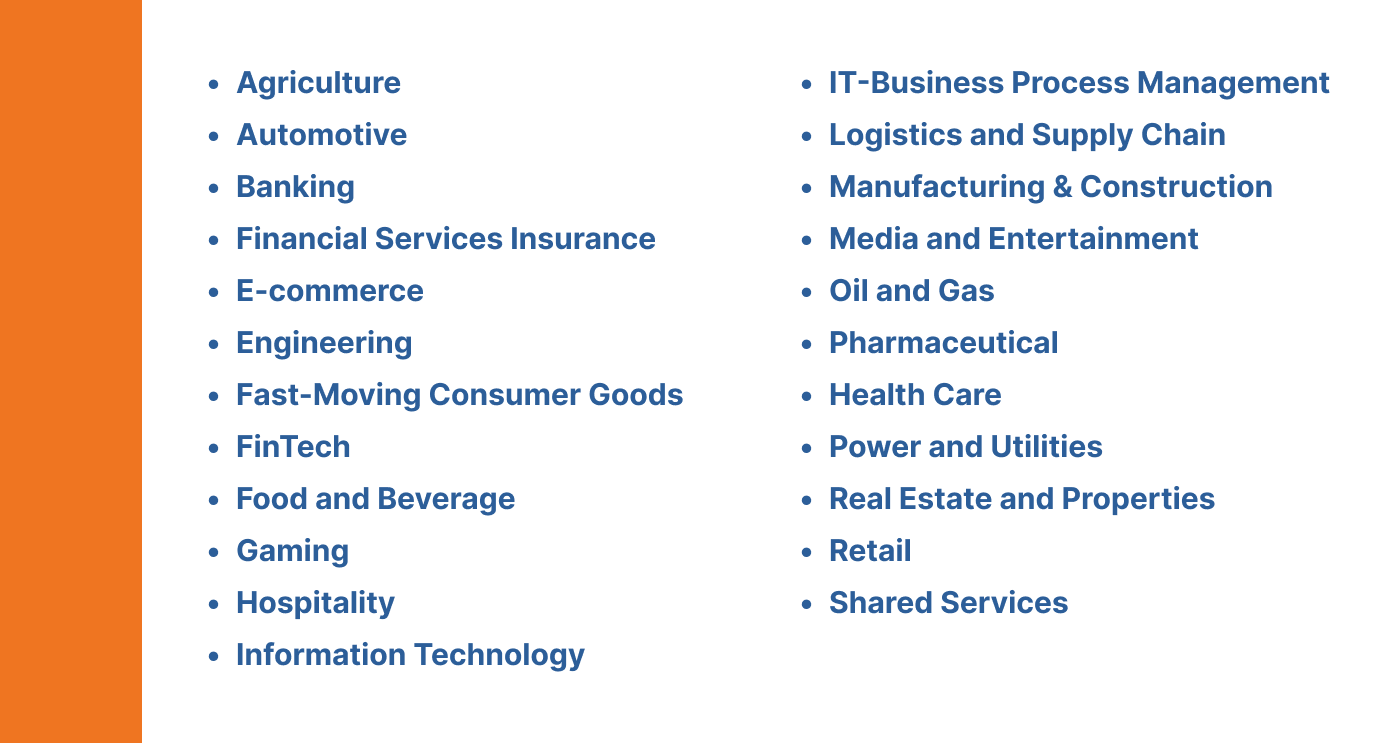By: Allanah Paragas
Managing difficulties in the workplace is an inevitable situation that professionals experience. Challenging and unprecedented circumstances, which may result in drastic changes is what you and your colleague may be experiencing right now. As a co-worker, your compassion towards your colleague gives the impression that you care for their well-being.
Showing compassion is one of the most effective ways to foster a good working relationship with your colleagues. As defined by Mindful.org, compassion is a process involving your ability to “notice, feel, or perceive another person’s pain and to be with or take action to alleviate that person’s suffering.”
While being compassionate is a basic value, it’s important to remember that being compassionate in the work-setting affects relationships, and ultimately your productivity and business objectives.
Here are four ways to develop a better working relationship with a colleague:
Be aware of your colleague’s well-being
It all starts with mindfulness towards others, or closely bringing your attention to the present moment without judgment. Practice having a sympathetic consciousness towards your colleagues. Take notice of any sudden change of behaviors, even small ones, as people manifest challenges differently. Do they seem anxious, have a lack of focus in getting tasks done, or have become less collaborative? Notice when your colleague is in pain or undergoing personal stressors and try to make the person feel secured, comfortable and supported.
Understand your colleague’s situation
If your colleague is comfortable with sharing or is openly seeking help, establish a connection by actively listening to his or her story without judgment. Active listening is an important factor in building strong relationships to prevent misunderstandings and overcome disagreements. Listening to a distressed colleague will not only provide you a deep understanding of the person, but it also helps you develop an open working relationship. By understanding the situation, you can now assess how you can help in terms of work and how it would be affected.
Interact socially with open communication
Connecting with your colleague through authentic communication is an essential way to build trust. This means you are genuinely interested and empathic while remaining engaged, and emotionally and physically open. To be authentic, you may open up and share personal ideas and information in context with your colleague’s situation. On the other hand, it may also be best to only just listen, and re-affirm your colleagues’ feelings.
Acknowledge how you are feeling too
Your colleague may not be the only one who needs compassion; you may also need it. Building communication and trust is a two-way dynamic. Opening up to your colleague on what you are also experiencing at the moment is a compassionate way to prevent misunderstandings and changes the way you work with one another. By doing so, you must be conscientious about what you say and the tone you convey.
Experiencing and showing compassion towards other people has a calming effect by providing a greater sense of personal well-being. In the workplace, the benefits of having and showing compassion to your colleagues are vast. The value of compassion provides a conducive environment for you and your colleagues have a healthy flow of communication by building trust, mutual connections, and reciprocation.







